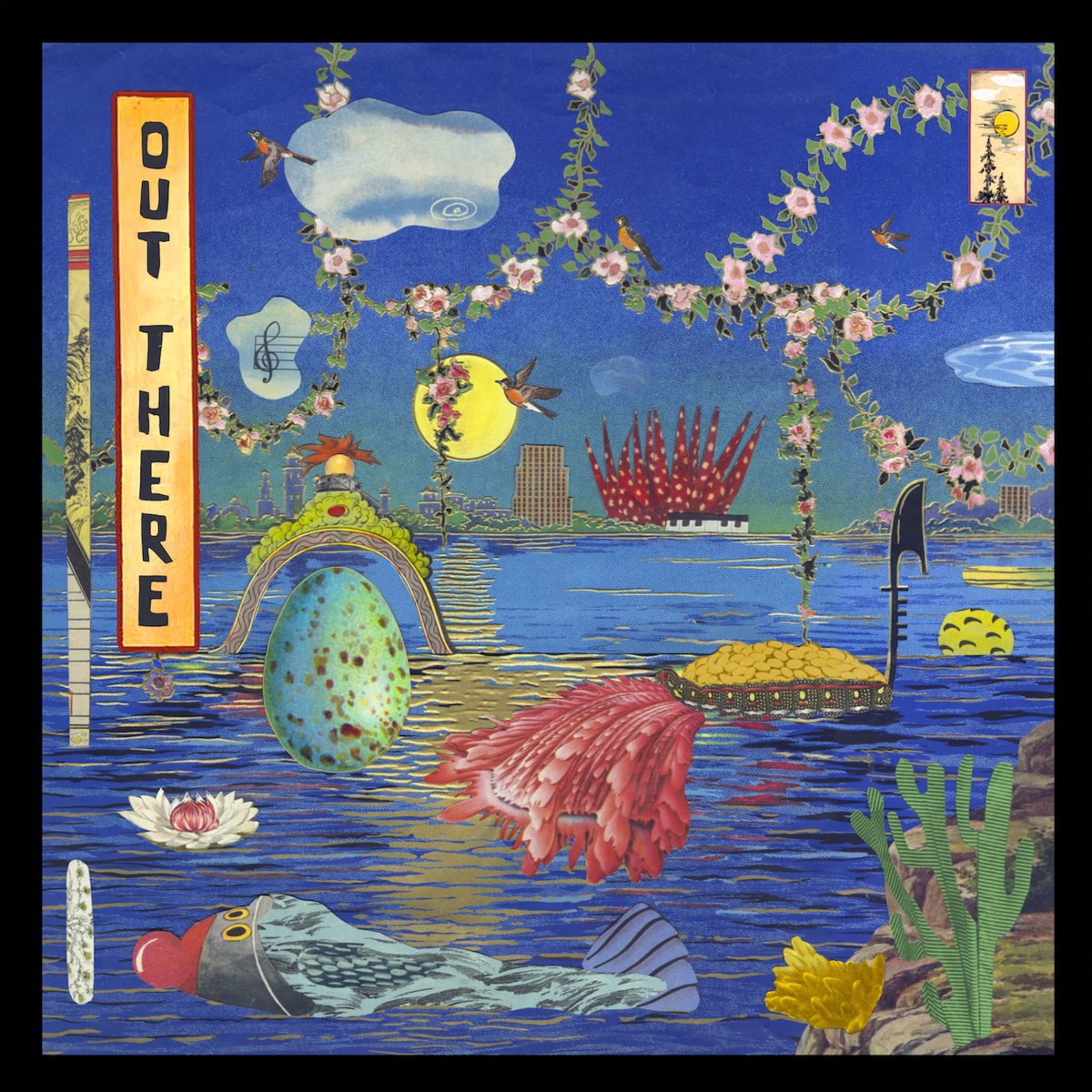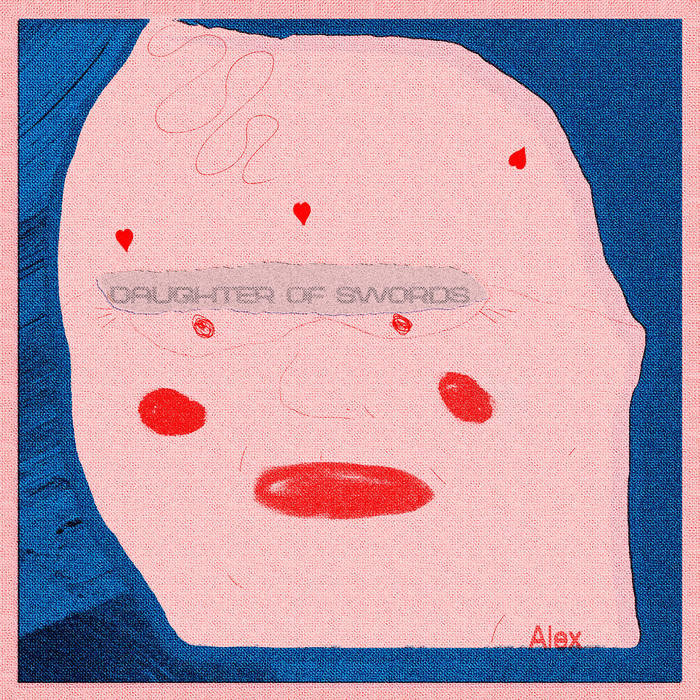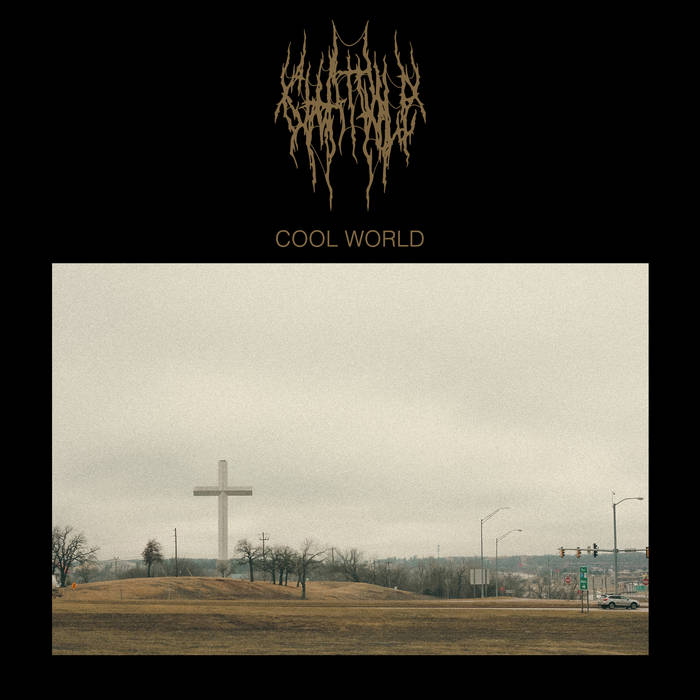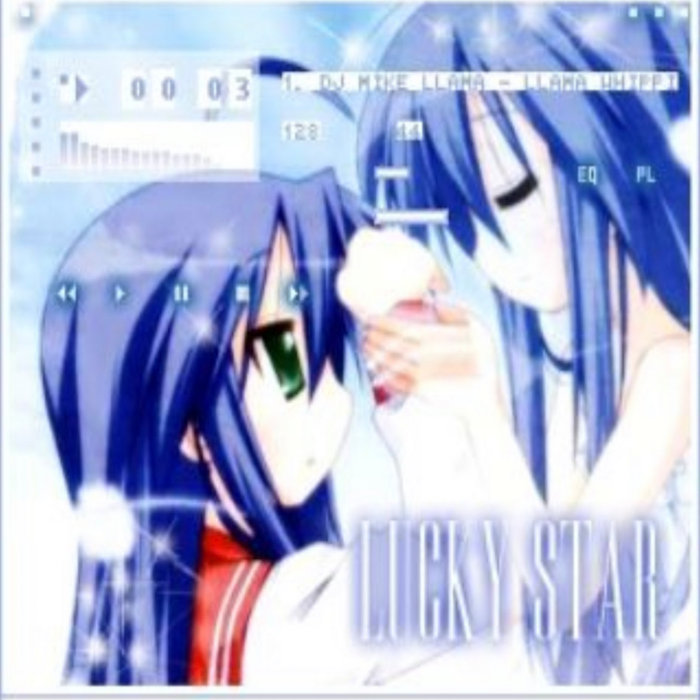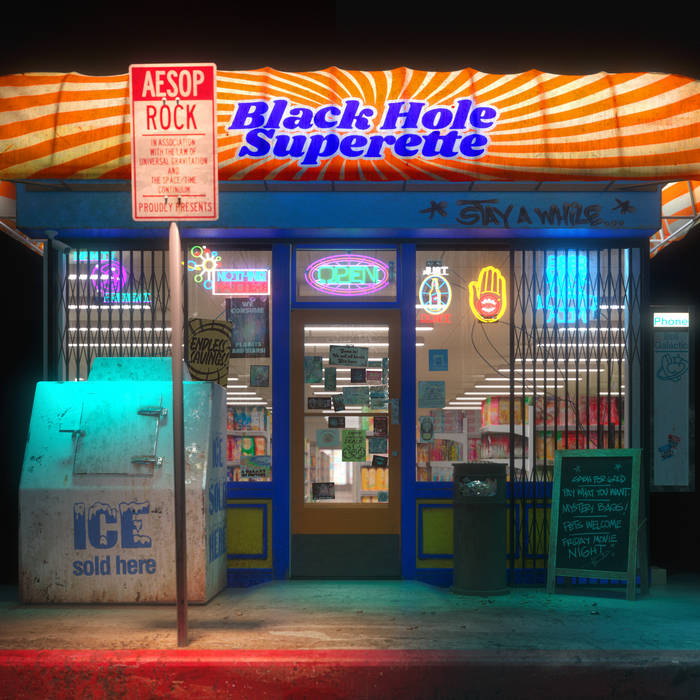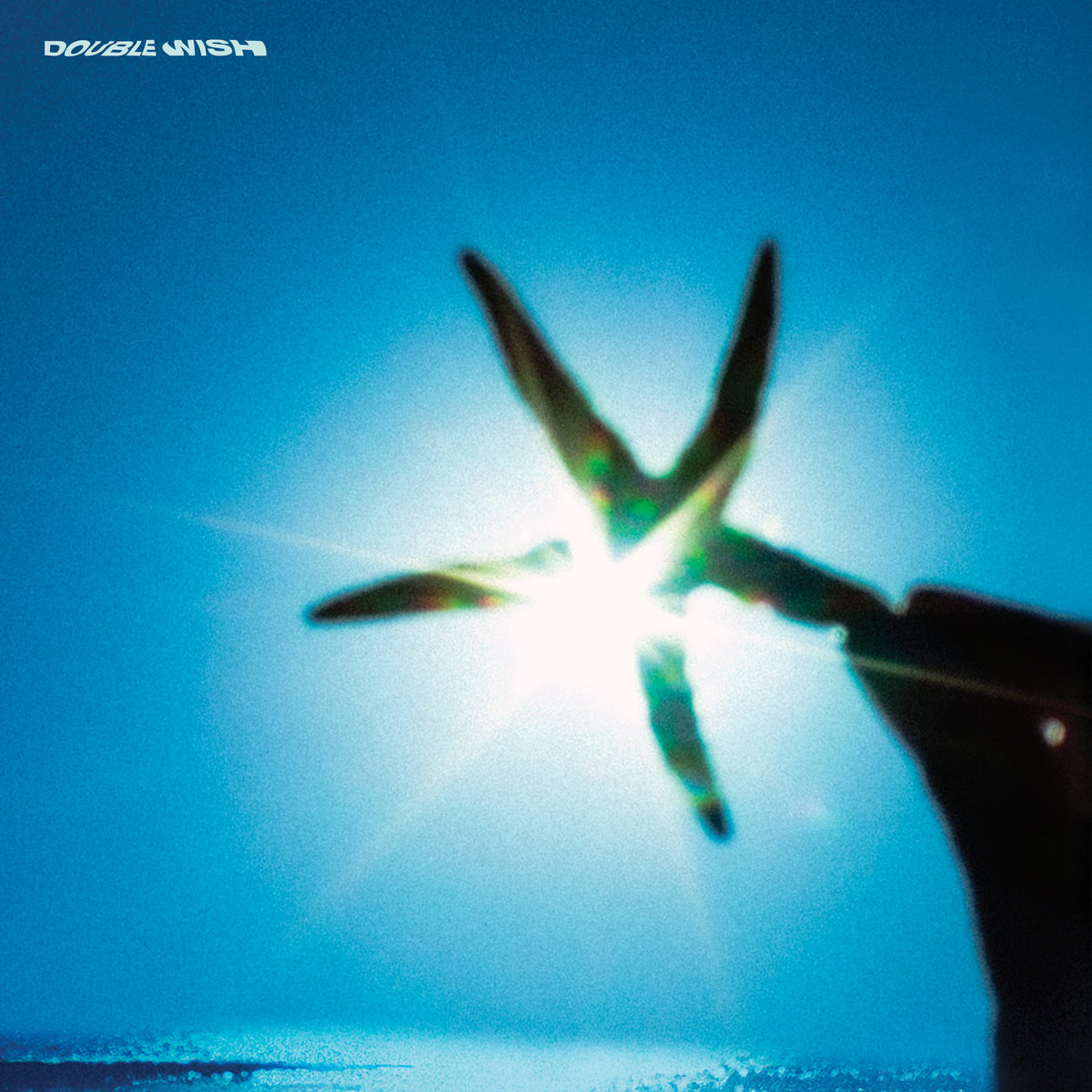Finding a strict definition for the job title “producer” was much harder than I expected. Producers perform so many important and creatively complex tasks that it’s difficult to define what they do. So much of it depends on the producer and the genre. The role of a producer can be logistic and look a lot like management in terms of renting out a recording space and hiring outside musicians for projects. If a band requires a specific piece of music and they don’t already have someone who can play that instrument, it is typically up to the producer to find someone who can. The producer may even decide what instruments best fit the song in the first place.
The role of the producer is also a visionary one. Producers collaborate with artists to help them achieve their creative goals by arranging music and helping mix and master the final project.
A good producer can make or break an album or song. Producers are the music makers of music. That sentence sounds redundant, but it’s the simplest way I could think to put it. Producers work closely with, and sometimes even are, software and sound engineers that make an artist’s track come to life. While many artists may know how to use musical instruments they may not know how to use the production software involved in mixing and mastering tracks. They work closely with artists to ensure their creative vision for a work is followed.
The role of the producer is going to vary artist to artist and genre to genre. In pop music, the producer is someone who is primarily in charge of logistical tasks or final mastering, on the other hand a hip-hop producer may give the mental association of the person who makes the beats, while the artist is the one rapping. Producers regardless of genre fall on a spectrum between managerial and creative decisions. The strict definition of what a producer is can be nebulous, and the amount of roles they might fill seems like more than one job.
To give some specific examples, Dr. Dre, Brian Eno and Linda Perry all fit within this definition of producer as a logistical overseer who also helps to construct the music. The music industry is full of diverse positions with unique points of entry. Producers come from all walks of life and each have their own personal definition and opinion on the role of a producer.
Without producers, most artists would be lacking parts of their sound that their audience considers distinctive. Although artists are still responsible for the creative drive behind their music, creative projects can take many hands on deck.


